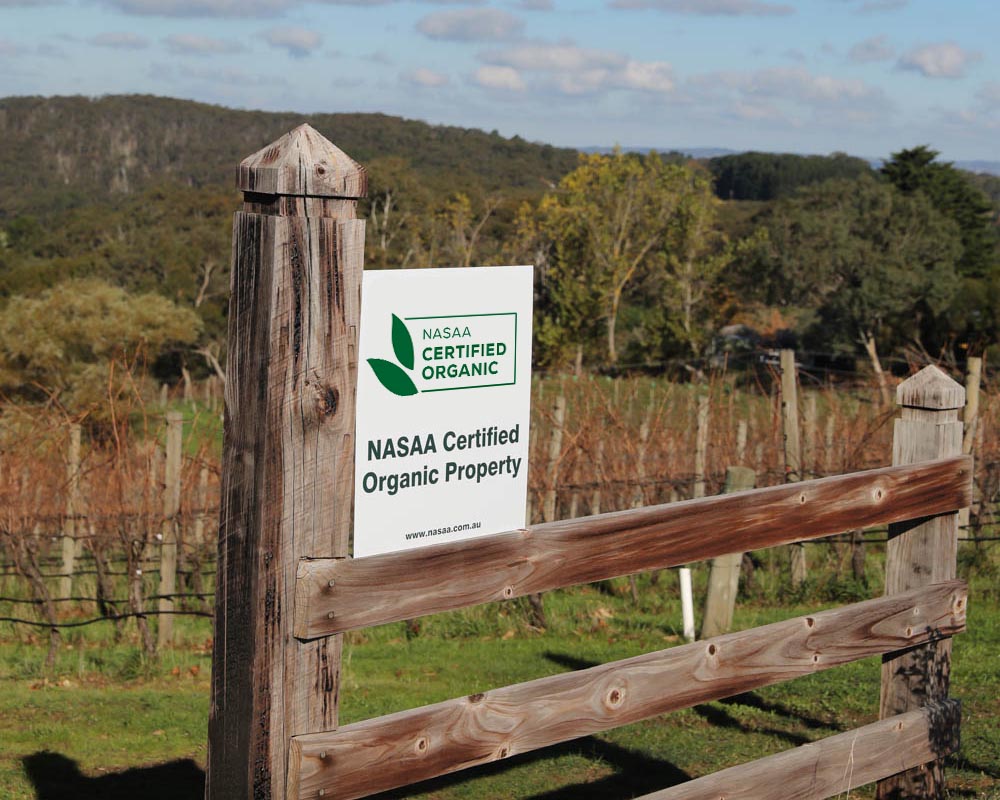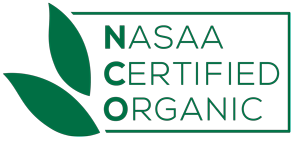What is organic certification?
Formal organic certification of organic products is the producer’s guarantee to consumers that along the entire supply chain, a Certified Organic product has been produced in line with the strict national and industry Organic and Biodynamic Standards.
If it is not Certified Organic, you can’t be sure it is organic.
In Australia, the term ‘organic’ is not regulated as it is in the United States, Japan and China. In these countries, a product cannot have the word ‘organic’ on it unless it is certified by a third party certification body such as NASAA Certified Organic.
In Australia, it is legal to produce a product and call it ‘organic’ without providing the consumer with any proof that it is actually organic.
NASAA Certified Organic maintains a register of all suspended/withdrawn and decertified operators for the public record which is located on the Operator Search Page.

What makes a product Certified Organic?
If a product claims to be Certified Organic the owner and the seller of that product must be able to prove the validity of the certification.
If the vendor is claiming it to be certified, and a consumer questions the validity of the certification, the vendor must by law (The Australian Consumer and Competition Act) be able to show the certificate of registration that confirms the product’s integrity.
In summary, the term ‘organic’ can be used on a product anywhere, anytime, without any legal consequences.
The term Certified Organic can only be used on a product when the producer, processor and in some cases, the vendor, are certified by an independent third party certifier, such as NASAA Certified Organic.
When you see the NASAA Organic Label on a product, you can be sure that it is certified to the highest standard available in Australia (and to one of the most respected standards in the world).
It is your guarantee that the organic integrity of that product has been third-party verified.
Always check the label to be sure.
OISCC (Organic Industry Standards and Certification Council) manages Australia’s organic industry National Standard for Organic and Biodynamic Produce on behalf of the Australian Government’s Department of Agriculture. This Standard regulates organic exports.
Download the National Standard for Organic and Biodynamic Produce (National Standard).
Organic legislature and policy framework
Organic certification is underpinned domestically and internationally by a strict legislative and policy framework:
- Export Control Act 2020
- Export Control (Organic Goods) Rules 2021
- Administrative Arrangements for Approved Arrangements: Managing inspection and certification operations for the export of certified Australian organic and bio-dynamic goods
- Requirements to Issue and Manage Organic Goods Certificates
- Department of Agriculture, Fisheries and Forestry (DAFF) Industry Notices

